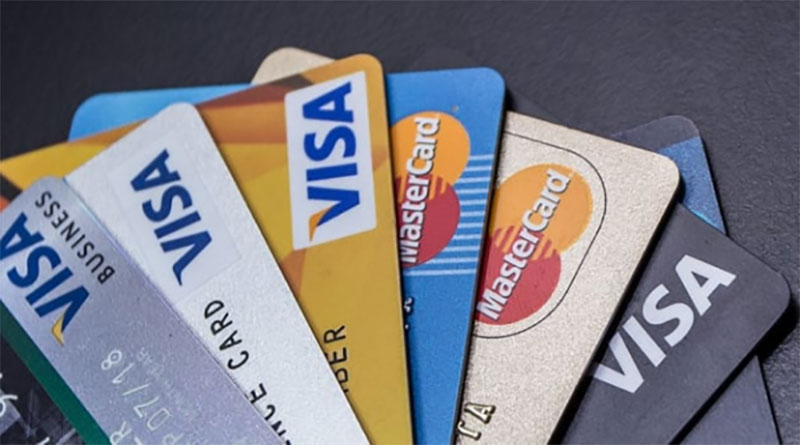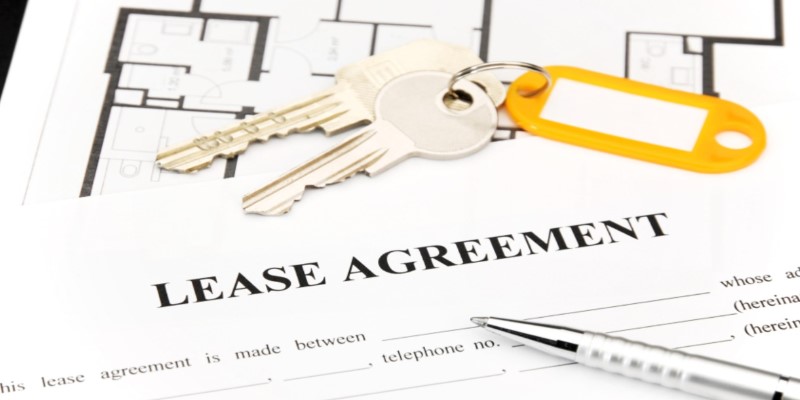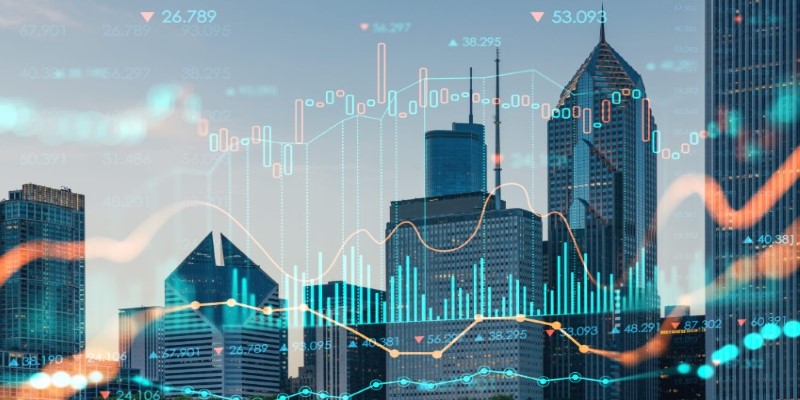When You Should and Shouldn’t Use a Credit Card
Nov 26, 2023 By Triston Martin
Credit cards can be incredibly useful financial tools – they help you make large purchases that you wouldn't otherwise be able to, provide rewards, and offer additional security for online purchases.
But equally important is understanding when not to use a credit card and learning how to effectively manage your spending and debt.
In this blog post, we'll look at the situations in which it makes sense and doesn't make sense to reach for that plastic.
We'll discuss responsible spending habits, budgeting strategies, keeping track of balances, and interest rates — everything you need to make smart decisions about credit cards!
What is a Credit Card, and How Do They Work
A credit card is a payment method that utilizes borrowed funds to make payments. Credit cards are issued by financial institutions, such as banks or creditors, and allow users to borrow funds up to a certain limit.
Depending on the agreement between the issuer and the customer, payments may be due in full each month or over several months, with interest accruing on outstanding balances.
When You Should and Shouldn't Use a Credit Card
Although credit cards offer convenience and financial flexibility, there are times when you should think twice before using them.
For instance, using a credit card for everyday purchases such as groceries or gas is usually not wise. When you factor in interest, these items tend to be more expensive in the long run.
On the other hand, there are situations when using a credit card makes sense — such as when you need to make a large purchase or an emergency where cash isn't readily available.
In these cases, it can be beneficial because you can often take advantage of rewards and points programs offered by issuers.
Just be sure to pay off the balance in full each month whenever possible to avoid interest and late fees.
Pros and Cons of Using Credit Cards

Credit cards can be useful in many situations, but there are also some drawbacks. Here is a breakdown of when you should and shouldn't use a credit card.
Pros
- Credit cards can be used to build your credit history. Making on-time payments and staying within your credit limit will help to improve your credit score over time.
- Credit cards offer fraud protection and dispute resolution. It's much easier to recover losses from fraudulent activity with a credit card than with a debit card or cash.
- Credit cards offer rewards and benefits such as cash back, airline miles, and discounts at certain retailers.
Cons
High annual fees can be charged on some cards.
- Interest charges can be high if you don't pay off your balance in full every month.
- Too much credit card debt can negatively affect your credit score.
When You Should Use a Credit Card
- When you need to make an emergency purchase and don't have the cash on hand.
- When you want to take advantage of a rewards program that offers points or cash back.
- When you must build up your credit score and establish a credit history.
- When you need an additional layer of security when making online purchases.
5 Ways to Manage Your Credit Card Spending

Credit cards can be a great tool for managing your finances, but only if you use them responsibly. Knowing when to use a credit card and how to manage it is key to avoiding debt and keeping a healthy financial status. Here are 5 tips for when to use (and not to use) your credit card:
1. Use Your Credit Card When You Need to Make a Large Purchase:
If you need to make a big purchase, using your credit card can be smart. You'll benefit from additional time to pay it off in smaller installments and have an extra layer of purchase protection from fraud or other issues with the seller.
2. Don't Use Credit Cards for Everyday Purchases:
Credit cards should not be used for everyday purchases like groceries or gas. You will spend more overall because of interest rates and other fees. Consider using cash or a debit card instead to avoid getting into debt.
3. Pay Your Balance in Full Each Month:
One of the best ways to manage your credit card is by paying off your balance in full each month. This will help you avoid interest rates and fees and keep your credit score healthy.
4. Set Up Automatic Payments:
If you can't pay off your full balance each month, consider setting up automatic payments from your checking account to ensure you get all payments and incur late payment fees.
5. Monitor Your Spending:
It's crucial to keep track of your credit card spending and ensure you stay within your budget. You can set up notifications on your phone or use a budgeting app to help you stay within your limits and avoid debt.
By following these tips, you can use your credit card responsibly and benefit from its convenience and security. Knowing when to use (and not to use) your credit card is essential for managing your spending and keeping a healthy financial status.
FAQS
Is having a credit card and not using it better?
Yes, having a credit card and not using it is generally better. A credit card can help build your credit score if you make timely payments and pay the balance in full monthly.
A credit card can also give you access to cash advances in an emergency or provide purchase protection benefits such as extended warranties or price protection if an item you purchased is later advertised at a lower price.
What are some bad reasons to use a credit card?
Using a credit card for any purchase you can only afford to pay off in full at the end of the month is generally a good idea. This includes impulse purchases or items that are already budgeted out.
It also includes using a credit card to cover existing debt, such as student loans or medical bills.
In addition, carrying a balance on a credit card can result in high-interest charges and debt that is hard to pay off.
What are the 2 risks of having a credit card?
1. The risk of overspending: When using a credit card, it can be easy to overspend and accumulate debt if you do not pay off the monthly balance.
2. The risk of identity theft or fraud: Whenever you use your credit card online or in person, there is an increased risk of your information being stolen by criminals for fraudulent purchases. This can result in significant financial losses and damage to your credit score.
Conclusion
This article has helped you understand when using a credit card is and isn't wise. Ultimately, deciding whether to use a credit card should be based on your circumstances and needs.
Pay attention to interest rates, fees, and other terms related to each card, and remember to pay off your balance every month to void accumulating debt.
By making smart financial decisions and using a credit card responsibly, you can enjoy the convenience of having a credit card without any unpleasant surprises further down the line.
-
 Investment May 19, 2024
Investment May 19, 2024A Beginner's Guide to Motley Fool Epic Bundle in 2024
The Motley Fool Epic Bundle is a stock consultant who provides stock picks and investing advice. Get their offerings at discounted prices now!
-
 Investment Nov 23, 2024
Investment Nov 23, 2024Securing Flexibility in Real Estate: The Power of Land Lease Options
Learn all about the land lease option, including what it is, how it functions, and practical examples. Understand why this real estate choice benefits both lessees and lessors
-
 Know-how Sep 18, 2024
Know-how Sep 18, 2024Uncovering the Advantages: A Review of Baselane's Features
Explore how Baselane offers comprehensive tools for landlords, enhancing property management through effective financial tracking, tenant communication, and scalability.
-
 Currency Oct 22, 2024
Currency Oct 22, 2024How Order Books and Depth of Market Influence Trading Decisions
How order books and depth of market (DoM) influence trading decisions. Discover their operational principles, how they reveal market liquidity, and their role in modern trading strategies in 2024
